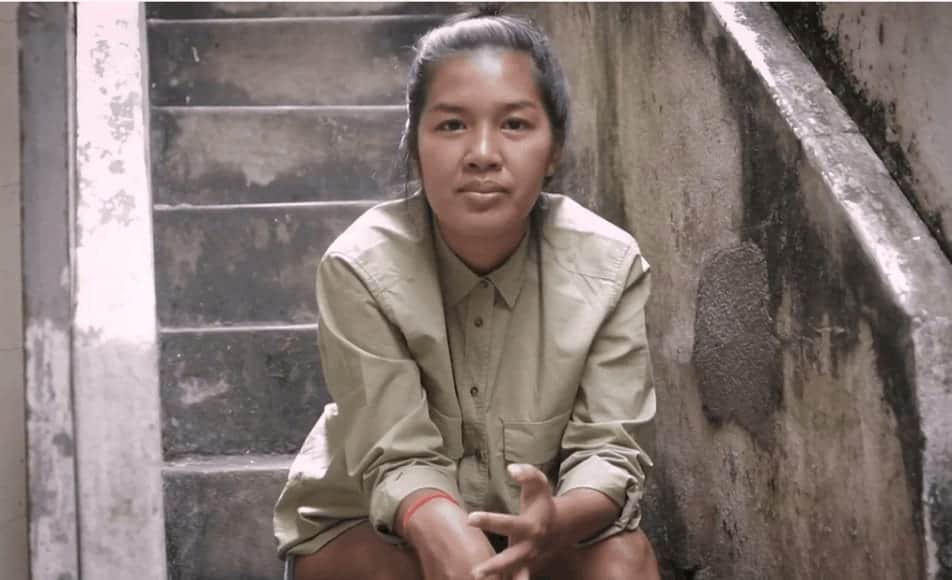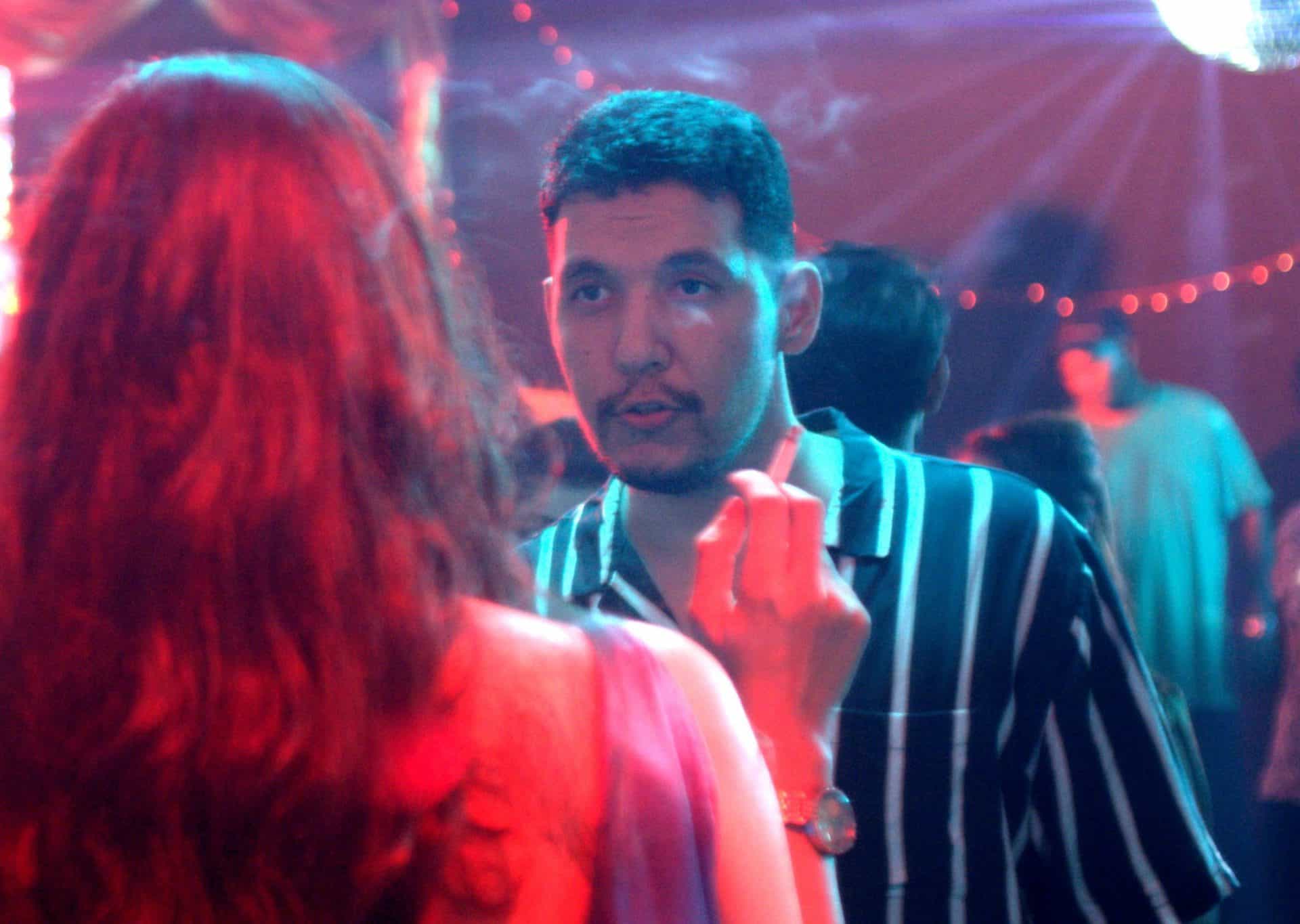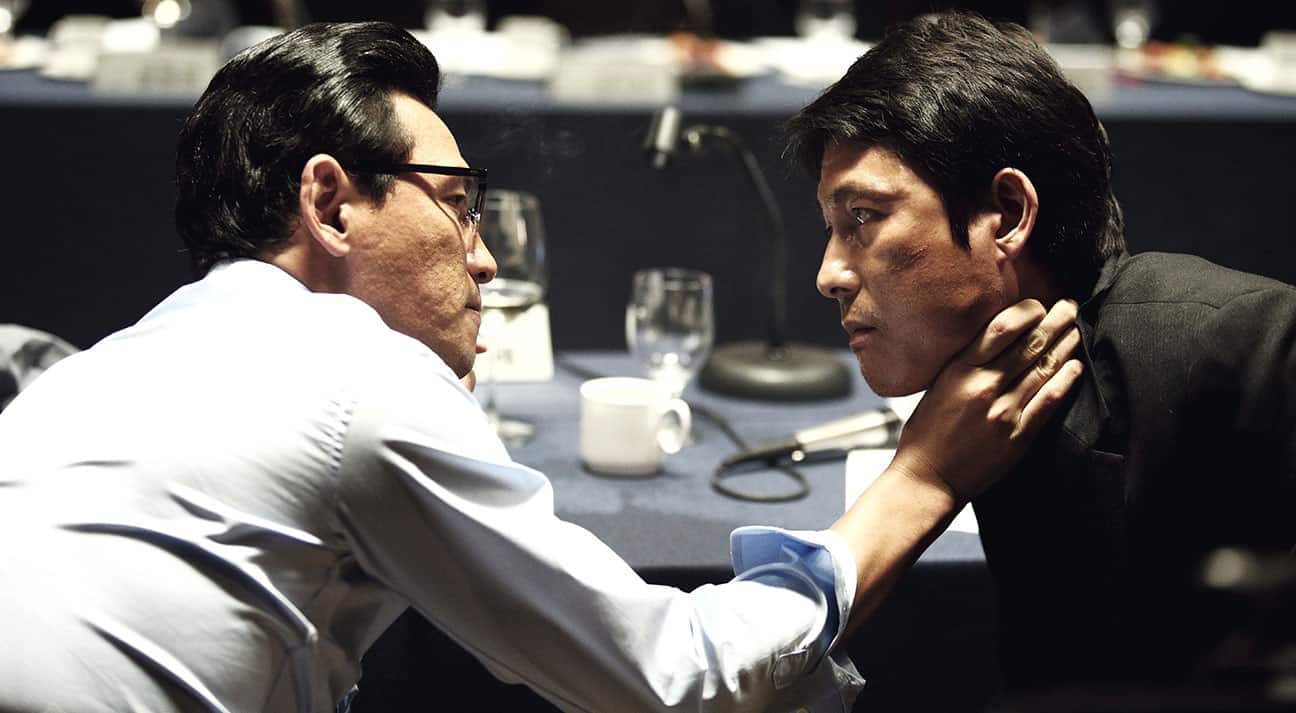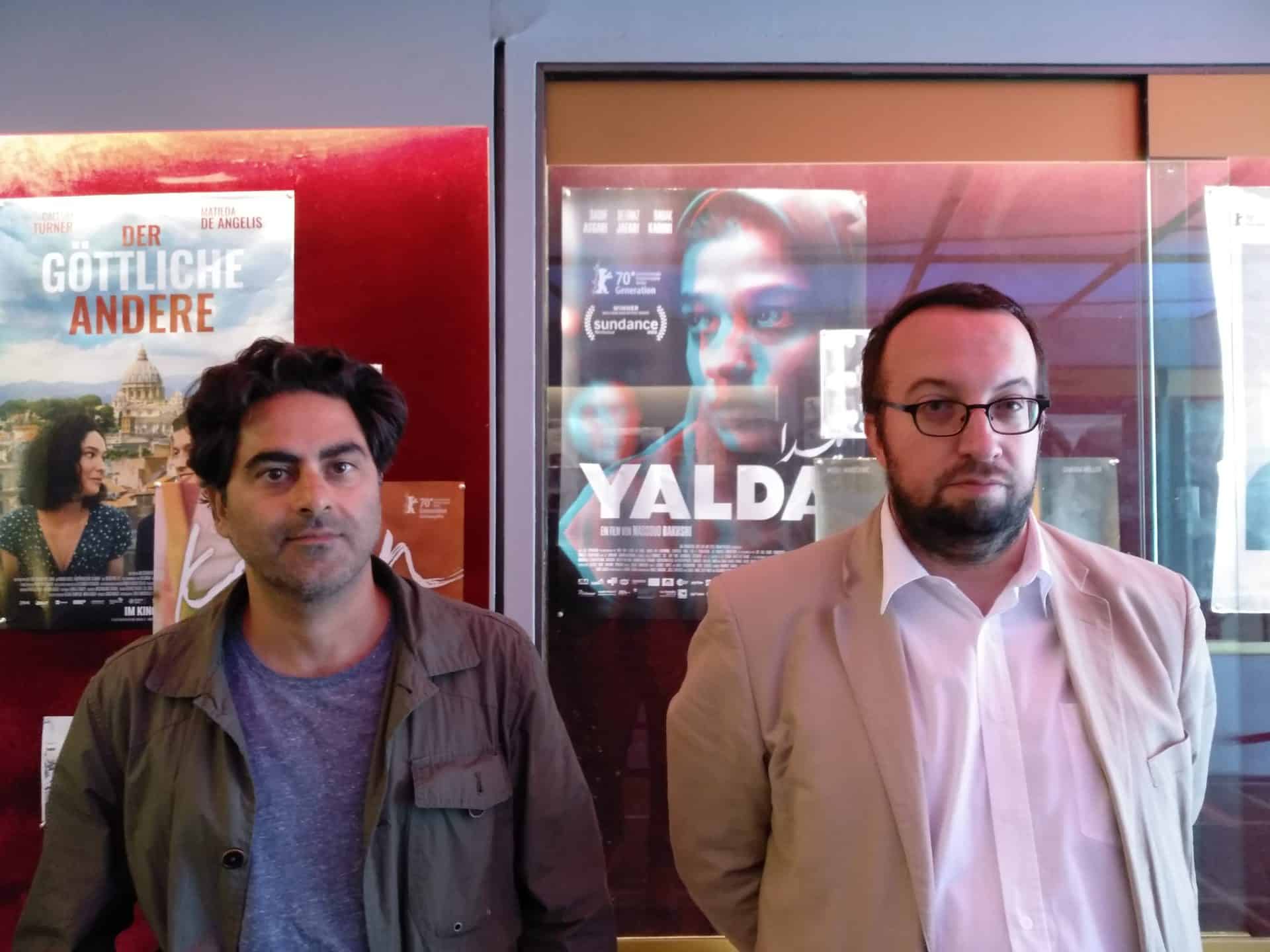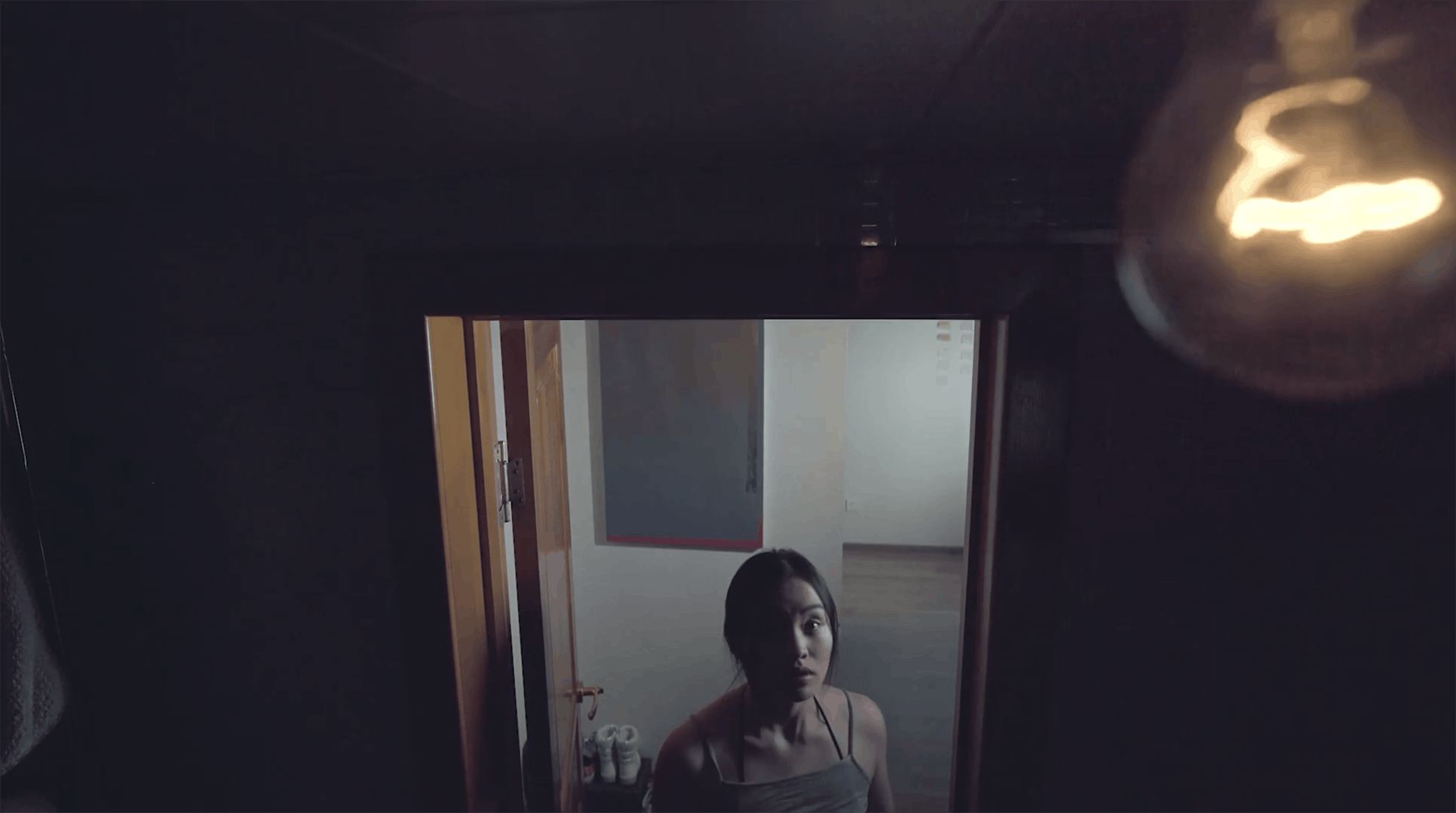Sreylin Meas began her career in filmmaking as a film crew member in 2009. She has since worked on film and television productions, and “California Dreaming” is her first short film.
On the occasion of “California Dreaming” screening at Osaka Asian Film Festival, we talk with her about Anti-Archive, the inspiration behind the film and the title, the place of women in Cambodian society, and many other topics.

Can you tell us a bit about Anti-archive and how you got involved in it?
Anti-Archive was created among close friends who love making films so we can easily find funds to produce films. The goal is to make films that we want to make. I got involved with Anti-Archive even before it begun, through friends I had worked with on previous projects and who, then later, created the company.
What was the inspiration behind California Dreaming and how did you come up with the particular title?
It is very personal story and somehow it is my first time writing so I couldn't find the best way to express it during the process of writing. At one point, I accidentally watched “Chungking Express” by Wong Kar-wai during the process of my script writing. I was inspired by the film, especially Part II about the lead girl. I cannot even describe the feeling she gave me. I'm not sure if she is happy by the end of the film or not. That is how I could continue writing my story. I ended up giving the name of my film according to the feeling it's giving me; although some people won't get it. It is symbolic of a place we dream to be but not even sure if it's a happy place. Maybe it's all in our mind.
The film seems to deal with the place of women in Cambodian society and the hectic rhythms of the urban centers. What is your opinion on these two topics?
I couldn't digest the development because nothing is for free as I see it. People will build something but take advantage of something from nature and their own people. I can't say it is bad but I am questioning how to find a balance. I am so curious of how we develop but maintain what is best for the people and nature. Maybe the perspective of the people who have power is not the same as ours.
Growing up in Cambodian society we always get the idea, even through our own family, that men are like gold. They are considered like the leaders of the family. The men never want to lose their face. I am part of a different generation who is trying to be equal but somehow through how I grow up, I still remember all those words from my grandmother, so sometimes I let it go and sometimes I want to discuss because it feels unfair and needs to be discussed, either they except it or not.

Why did you choose to end the film with an LGBT moment?
I did not intent to present an LGBT moment, but to show that these women are like reflections of each other. The kiss could be an answer, that they understand the feelings of each other without expressing it with words 100%.
Can you give us some details about the casting of the film? How did you guide the two actresses for their roles?
For Sarita, I had her in my mind as soon as the script finished. I wasn't sure so we met for casting later and during the rehearsals, I thought I couldn't handle her; so we took almost two hours of just talking. Then Sarita finally found the way and decided to let go of herself and allowed me to try to bring her the way I wish. Fo Sak is not an actress, she is my colleague. She helped me with the casting but as soon as I saw her on camera, casting other actresses, my heart moved and I knew she will be my actress if she accepted.

Can you give us some details about the location the film was shot and particularly the house the girls go?
The film starts in a resort which is the place where I escape out of the city. However, as always, I am not sure I'm happy deep down as it is the same thing with the character I mentioned before. We only shot in two locations, the resort and the wooden house. The wooden house holds a very personal value for me, because it kind of brings back my childhood memories, my father and my life when I was young. So, whatever Sak is telling in the film, it has happened to me, even the part about the arranged marriage.
How was your cooperation with Douglas Seok in the cinematography of the movie?
I was really not good in expressing myself while working with Douglas even though he is one of my best friends. We worked together before I even directed. It must have been hard for him to handle me because I don't share much and I find it hard to express what I want. I only see the frame, then decide if I'm felling good about it or not. If he showed something I didn't like, I was just saying “I am not sure but it didn't feel right”. He is very supportive and patient with me
What is your opinion about the Cambodian film industry?
It is growing and keeps on growing. I am very happy that lots of young people are making short films and I believe it is a good test to explore what is inside us, what we want to share.
Are you working on any new projects?
I am trying to work in other jobs so I can make a living but I am also trying to write another short film. First one was such a purely joyful experience of not knowing what I am doing exactly. That is why I am looking forward to know what it's like for the second time.


